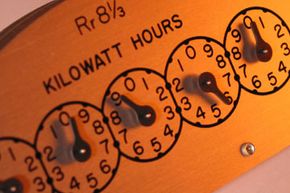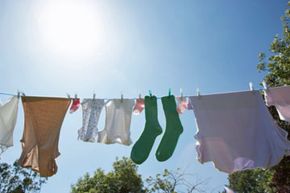How much can you afford to spend on housing each month? $500? $1,000? $5,000?
If you can put $5,000 a month toward walls and a roof, you probably aren't too worried about the cost of utilities.
Advertisement
If you're like most of the developed world's population, though, you're going to have to give it some thought. Once you add up electricity, gas, water and trash pick-up, you could be looking at a bill that precludes the arguably nonessential utilities like high-speed Internet, unlimited texting and HBO.
Rent or mortgage payments will undoubtedly be your largest single housing expense, but utilities will typically come in second -- sometimes a close second. Depending on where you live, how much you talk, how big your place is and how often you run your dryer, you could be looking at $500 a month. Maybe more.
Considering only the cost of rent or mortgage in your housing budget could leave you in a tight spot. And while few people enjoy pouring over past utility bills and the current kilowatt-per-hour rate, it's worth it to know what you'll be on the line for at the end of the month.
It doesn't have to take hours. If you have a plan, it can be pretty quick work. In this article, we'll see how to work up a utilities-cost estimate. We'll go over which factors need to be considered, see how you can use online tools to speed up the process, and check out where you can find some savings in case your final number is too steep.
The first step in ball-parking the cost of your utilities is deciding what "utilities" includes…




